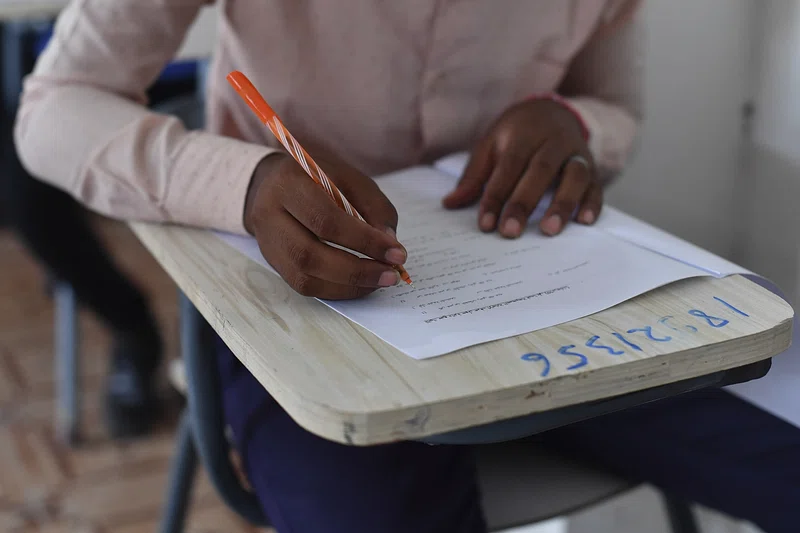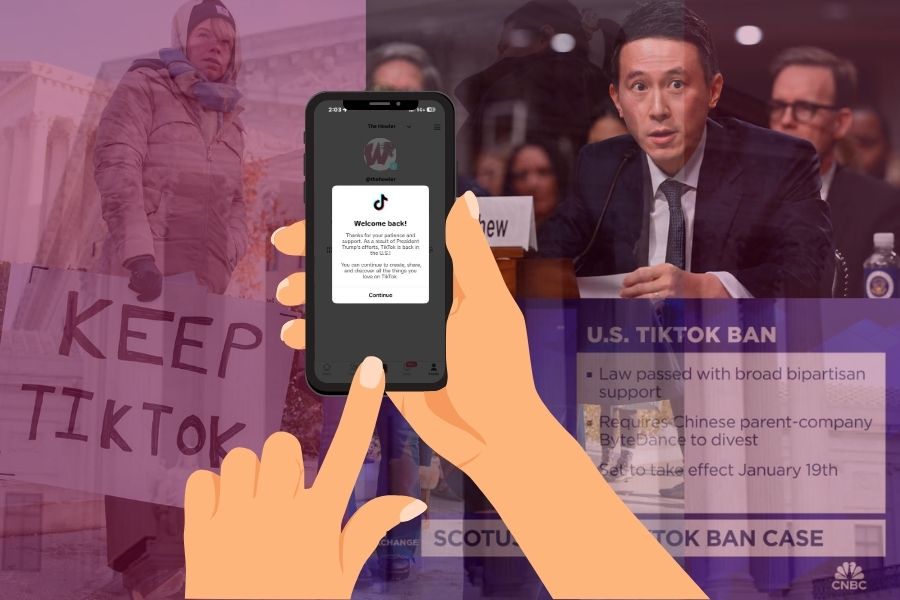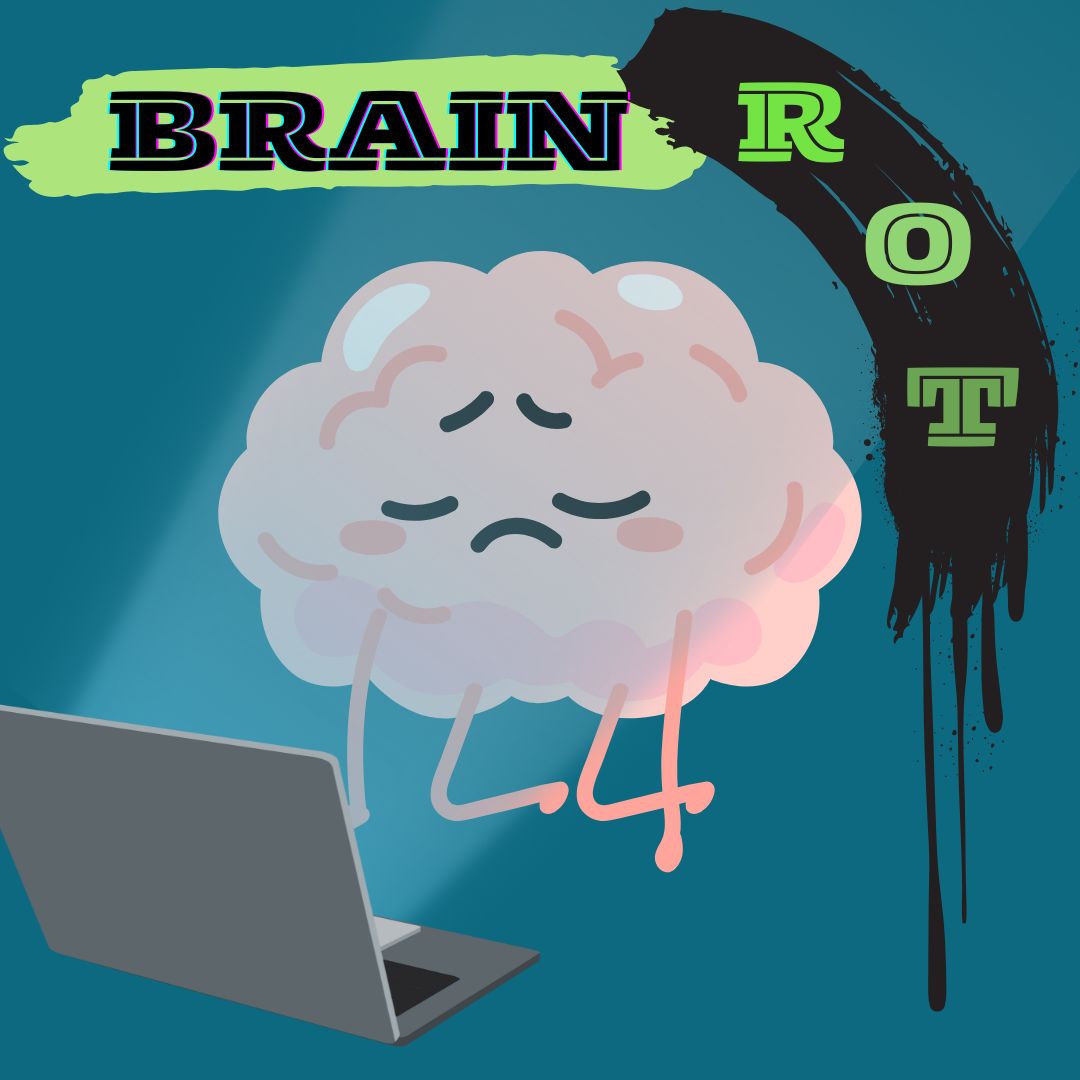After a week confined to my bedroom perfecting every word of too many essays to count, I have just submitted my final college application. Every one of my most profound experiences and deepest ambitions has been meticulously crafted into a 15-page PDF. Woohoo!
College applications, in general, are tailored to reflect a student’s personality and academic achievements through their GPA, extracurriculars, recommendations, essays and standardized test scores. Admittedly, I had a few bad encounters with the ACT and SAT, so I decided to go test-optional for a few of my reach schools that I applied to early in the fall.
Following COVID-19, many schools opted to go test-optional for the class of 2024 admissions cycle: this means that students can choose whether or not a college or university will consider their SAT and/or ACT scores in the admissions process. If students opt out, colleges place a bigger emphasis on the essay portions of an application to reflect a student’s academic determination. As someone who decided to not submit test scores, I relied on the strength of my essays to stand out amongst other applicants. The essay portion of applications has been, and will continue to be, used to showcase an applicant’s unique and diverse personal experiences.
But in an age of Chat GPT, how will college admissions officers decipher what is a human’s writing versus that of a robot? It’s not like a college can deny someone admission to their university on the basis that they think they may have used ChatGPT. Artificial intelligence (AI) content-detecting software is not yet that far advanced, so there is really no evidence to back their claim other than reasonable suspicion. And by the time that AI-checking tools become fully accurate, will AI software have become advanced enough to mimic human intelligence? Advanced enough that content detectors remain inaccurate?
So, will college application essays lose their merit? And if essays fall to a lower caliber in the admissions process, how will students stand out?
In all its glory and ignominy, AI technology like Chat GPT is, at the end of the day, a resource that allows for a more productive work environment. Take, for example, a journalist who would typically spend an entire morning writing a 500-word article, then have to wait for edits. Chat GPT, on the other hand, could write the article in less than 10 seconds. The journalist who then only produced on average one finished article per day can now produce one per hour with the help of AI. The AI-generated article has less mistakes, takes less time and, above all, requires less money. So, naturally, that journalist eventually loses their job; why pay someone to write at a fraction of the pace at which free technology can produce content?
While ChatGPT is seemingly more efficient, it is evident when an article is written by AI. The authenticity isn’t the same — I read it and automatically think, Yep, a robot wrote this. Part of what makes writing so unique is a writer’s creativity; a human’s ability to make connections between words and original ideas is unmatched. When writers use AI, their writing loses all sense of individualism, and the complexity of human emotions is shielded by the words of a robot.
Part of the beauty of college application prompts is that they are formed to reflect an applicant’s individuality. Using ChatGPT to write your college application essays, in my opinion, is just hurting yourself. Instead of showcasing your unique individuality, your raw emotions and experiences, you are using that of a robot.
However, we live in a digital world that is constantly evolving, and it’s only natural to assume that by the time our younger siblings are applying for college, AI technology, like Chat GPT, will be so advanced that the writing is laced with human emotions.
If future AI technology is destined to be so accurate, what’s stopping applicants from using it to write their essays? After all, over 50 percent of admissions offices use AI in the screening process now, so surely students will use it to strengthen their chances of getting accepted.
If AI content-detecting software can’t keep up with the rapid evolution of AI itself, I believe that colleges will just compromise by putting less value on an applicant’s essays, and more value on their test scores and grades.
But if essays aren’t as merited as much as they have been in the past, what outlet do applicants have to show their diversity? If we as applicants can’t showcase our individuality through college essays, are we destined to become just as robotic as AI software?









